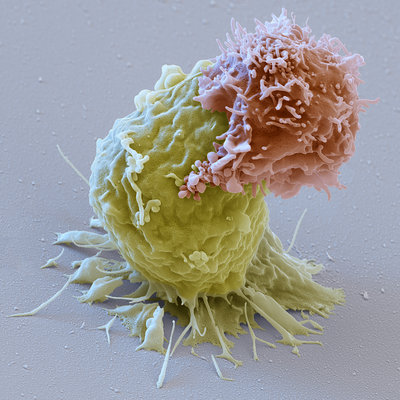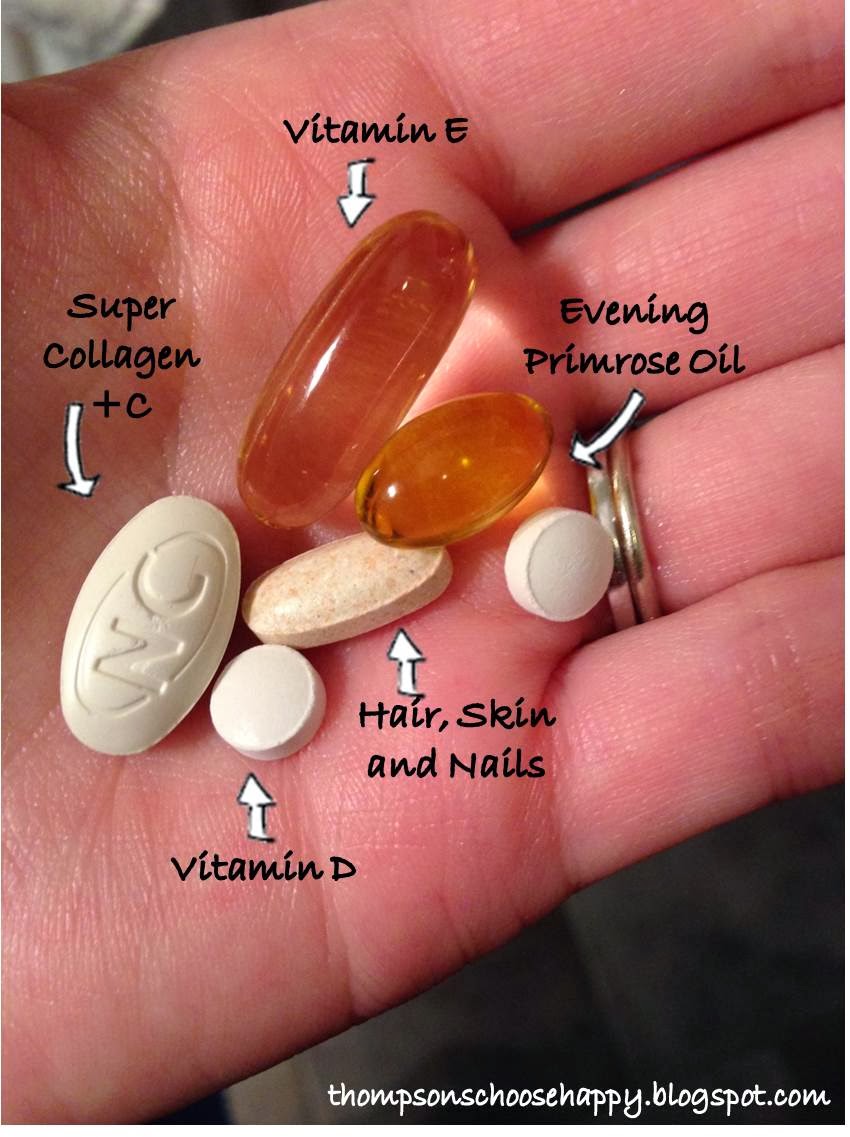Immunosuppressive drugs used in organ transplantation must be selective in order to block some T and B cells. They must also be non-toxic to the kidney; in other words non-nephrotoxic. The immunosuppressive drugs must not promote malignancies; and not aggravate cardiovascular risk factors. The drugs should also improve compliance of the transplanted organ. Nephrotoxicity of drugs causes the kidney to function for a greater period of time. However, if the immunosuppressive pharmaceutical has a side effect of causing fibrosis, the resulting inflammation causes renal function to deteriorate. Recently, there has been a tremendous effort to minimize immunosuppression by pharmaceuticals. Additionally, 80% of the drugs tried failed between phase I and phase II trials.
A high dose of a drug may be too immunosuppressive. The lower dose of some drugs may be the answer to the problem. Costimulation is necessary for the activation of the T-cells. T-cells require two interactions to become fully activated. The first stimulation is antigen driven and defines the specificity of the new response. It also needs a costimulatory signal. CD28 has a companion receptor CD4 that could be upregulated when the T-cells became activated. CD4 displaces CD28 since it has a much stronger affinity for the ligand.
Inhibition and depletion of antibody producing cells by immunosuppressive cells may interfere with the mechanism of tissue injury. A lot of rejections of transplanted organs are antibody related. Over immunosuppression of transplant recipients by pharmaceuticals however, may increase cardiovascular risk factors due to elevated blood pressure and high cholesterol. Over immunosuppression may also result in infections, cancer, and kidney damage.














































